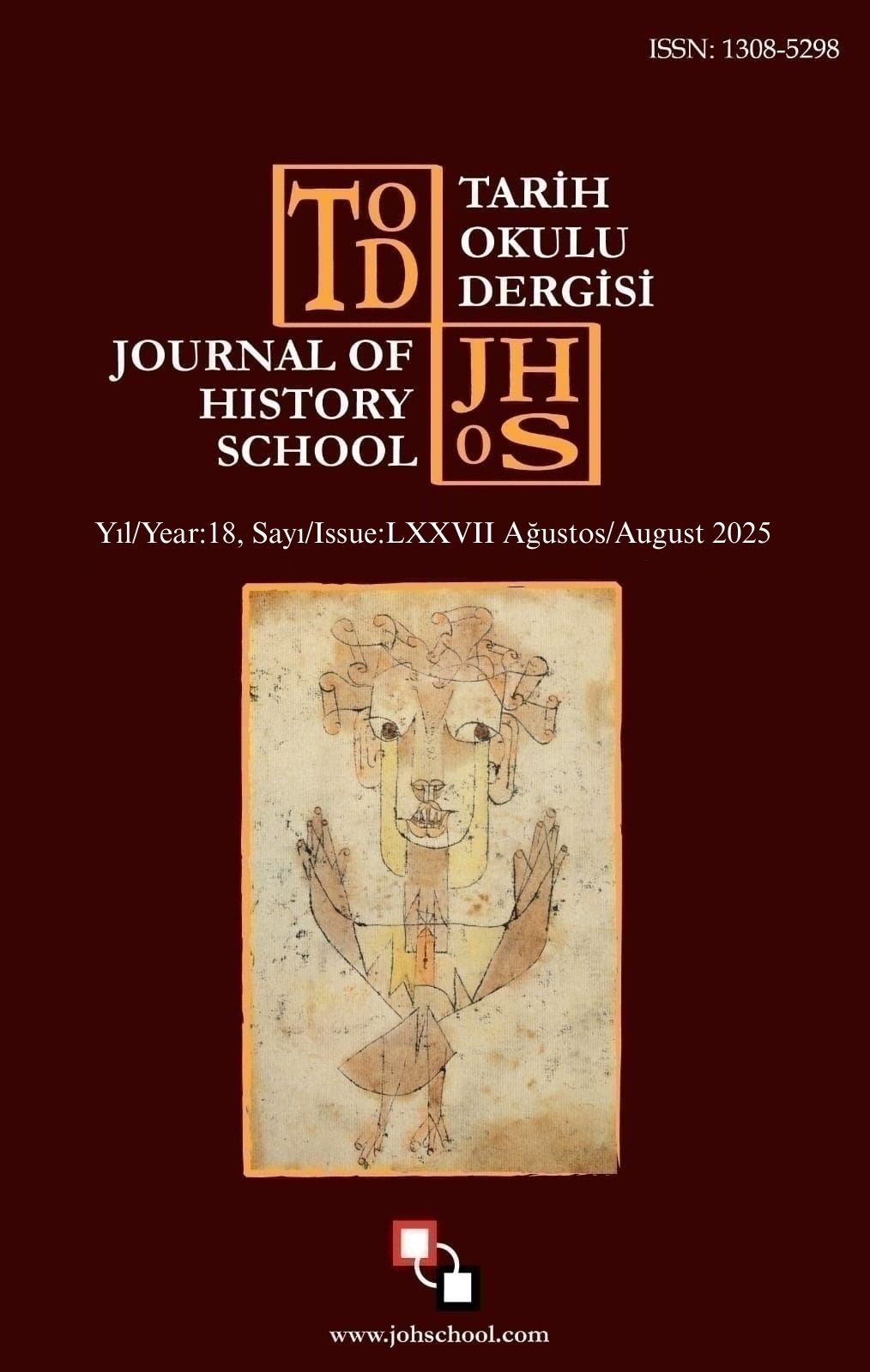ÖZGECİLİK TEMELLİ PSİKOEĞİTİM PROGRAMININ ORTAOKUL ÖĞRENCİLERİNİN OLUMLU SOSYAL DAVRANIŞLARINA ETKİSİ
Author :
Abstract
Ortaokul öğrencilerine özgecilik temelli psikoeğitim programı (ÖTPP) uygulanan bu araştırmanın amacı öğrencilerin olumlu sosyal davranış düzeylerini artırmaktır. Ön-test, son-test ve izleme testli deney- kontrol gruplu yarı deneysel desen kullanılan bu araştırmanın çalışma grubunu 2023-2024 eğitim yılında bir ortaokulun altıncı ve yedinci sınıf öğrencilerinden oluşan 385 öğrenci oluşturmuştur. Olumlu sosyal davranış düzeyi düşük olan ve yansız olarak seçilen 12 kişilik deney grubuna 9 hafta boyunca haftada bir olacak şekilde program uygulanmıştır. 12 kişilik kontrol grubuna ise herhangi bir deneysel işlem uygulanmamıştır. Ardından Çocuklar İçin Özgecilik Ölçeği ile toplanan veriler SPSS 27.0 paket programı ile analiz edilmiştir. Deney ve kontrol grupları arasında fark olmaması ve grupların birbirine denk olması amacıyla bağımsız örneklem t testi yapılmıştır. Verilerin analizinde tekrarlı ölçümler yapılmadan önce tek değişkenli normallik, varyansların homojenliği ve küresellik varsayımını test etmek amacıyla normallik analizi, Levene F Testi ve Mauchly Küresellik Testi uygulanmıştır. Tekrarlı ölçümler için tek faktörlü varyans analizi ANOVA ve çoklu karşılaştırmalar için Bonferroni Testi kullanılmıştır. Araştırmada ÖTPP’nın ortaokul öğrencilerinin olumlu sosyal davranış düzeylerini artırdığı ve yapılan izleme ölçümlerine göre bu artışın devam ettiği dolayısıyla programın etkili olduğu sonucuna ulaşılmıştır. Araştırma bulguları ilgili alan yazın ışığında tartışılarak sonuç ve önerilerde bulunulmuştur.
Keywords
Abstract
The purpose of this study was to improve middle school students' positive social behavior through the implementation of an Altruism-Based Psychoeducational Program (ABPP). A quasi-experimental design, incorporating pre-test, post-test, and follow-up test with both experimental and control groups, was employed. The sample comprised 385 sixth-and seventh-grade students from a middle school during the 2023-2024 academic year. The 12-member experimental group, selected based on their low levels of positive social behavior, participated in the program once a week for 9 weeks, while the 12-member control group did not receive any intervention. Data were collected using the Altruism Scale for Children and analyzed using SPSS 27.0. To ensure equivalence between the groups and verify that no significant differences existed between them, an independent samples t-test was conducted. Prior to the repeated measures analysis, assumptions regarding normality, homogeneity of variances, and sphericity were assessed through normality tests, Levene's F Test, and Mauchly's Test of Sphericity. A one-way ANOVA was used for repeated measures, and the Bonferroni Test was applied for multiple comparisons. The results indicated that the ABPP significantly enhanced students' positive social behavior, and this improvement was sustained at follow-up, demonstrating the program's effectiveness. The findings were interpreted in light of the relevant literature, and conclusions and recommendations were provided.





